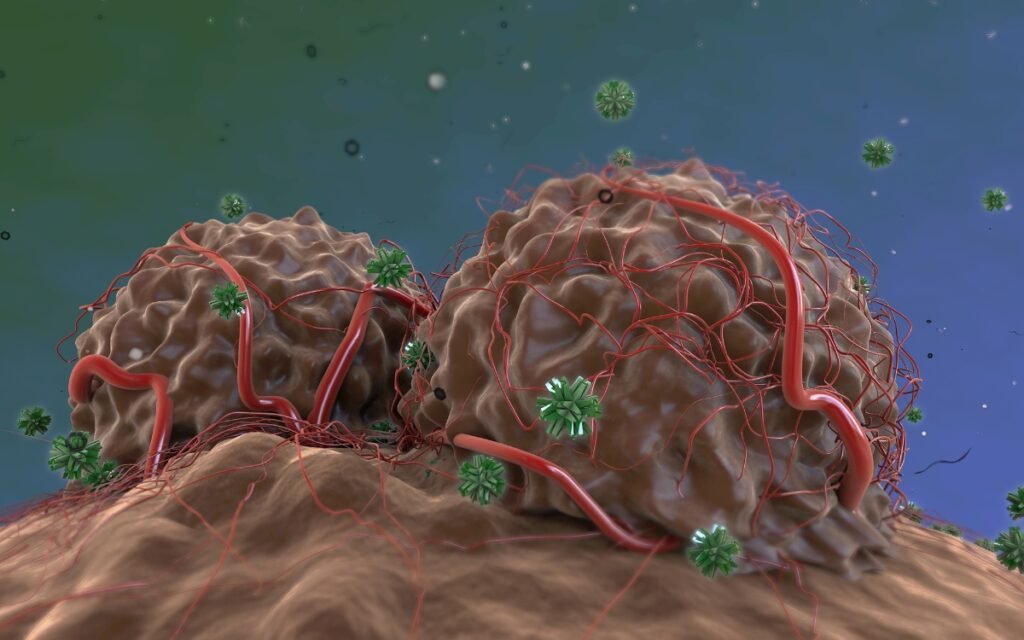ESMO 2023: 1618P
Currently, Ipsen’s Onivyde is the standard of care, but it offers only a 7% chance of response for second- to third-line patients with metastatic pancreatic ductal adenocarcinoma (PDAC) after previous treatments. Patients typically experience just a few months of disease control, making it a challenging diagnosis.
Merus is pinning its hopes on the bispecific antibody zenocutuzumab (Zeno) to make a difference. This therapy targets neuregulin 1 fusion (NRG1+) cancers, including PDAC and non-small cell lung cancer (NSCLC). At the European Society for Medical Oncology (ESMO) Congress, Merus presented promising results: a 42% overall response rate in PDAC, with one patient achieving a complete response and 13 showing a partial response. The therapy also demonstrated a 72% clinical benefit rate, and 82% of patients experienced tumor reduction.
In NSCLC, the data were equally encouraging, with a 37% overall response rate and a 61% clinical benefit rate. These statistics mark an improvement over Merus’ previous presentation at the American Society of Clinical Oncology annual conference in June 2022.
Merus has described the safety profile of Zeno as “extremely well tolerated,” with the majority of adverse events being mild to moderate and self-limiting in duration. This contrasts with chemotherapy, the only alternative treatment option for NRG1+ cancers, which often entails more severe side effects and is less tolerable for patients.
Having received a breakthrough designation from the FDA, Merus is planning to seek regulatory approval for Zeno in the first half of the next year. Lundberg is open to potential partnerships for regulatory and commercial activities, acknowledging that Merus can maximize its effectiveness through productive collaborations.
Merus has a discovery partnership with Eli Lilly’s Loxo Oncology unit and several other collaborations with companies like C4 Therapeutics and Incyte.
The company’s strong financial position, thanks to a $150 million public offering earlier this year, enables it to focus on advancing its next asset, petosemtamab, a bispecific antibody designed for EGFR x LGR5 cancers.
Merus is committed to making a positive impact in the field of oncology, and its dedication to innovation and collaboration highlights its potential for success in the challenging landscape of cancer treatment.
Conclusion
Merus is offering hope in the challenging landscape of metastatic PDAC and NSCLC with its bispecific antibody, Zeno. At the ESMO Congress, their results revealed a substantial 42% overall response rate in PDAC, with remarkable clinical benefit rates and tumor reduction in a significant number of patients. For NSCLC, the data was equally promising, showing an improved response rate compared to earlier presentations. The added advantage of Zeno being well-tolerated with mild adverse events sets it apart from the often more taxing chemotherapy. This therapy could potentially change the landscape for patients facing these challenging cancer types.





























